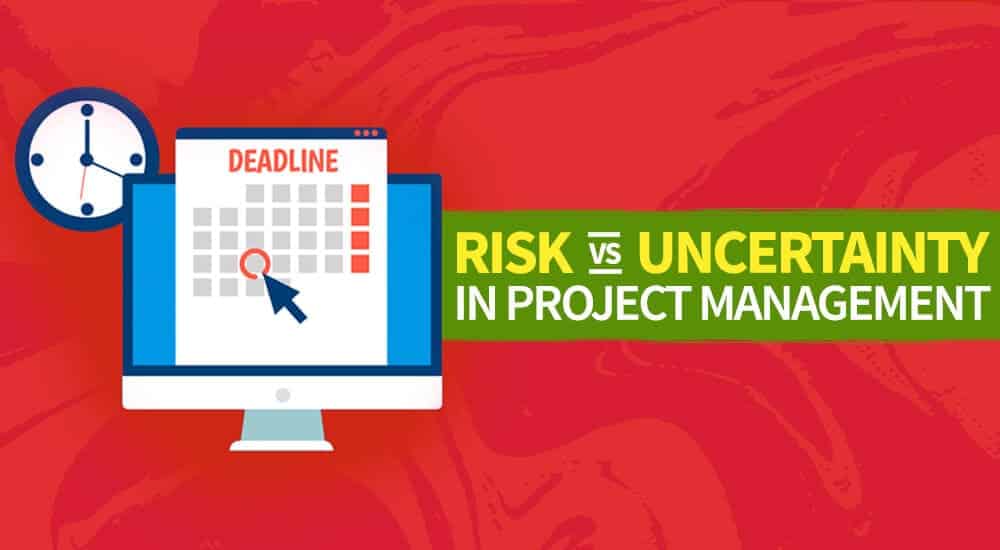Course Details
Your Growth, Our Mission

Course Description
The Training Course Will Highlight ?
Training Objective
By the end of this training course, participants should be able to:
1. Understand the nature of risk and uncertainty in project management.
2. Conduct detailed cash flow and financial modeling to support investment decisions.
3. Use advanced tools, including Monte Carlo simulations and sensitivity analysis, for risk evaluation.
4. Develop and implement risk management plans throughout the project lifecycle.
5. Optimize project outcomes through effective decision-making under uncertainty.
Target Audience
• Project Managers and Coordinators
• Financial Analysts and Risk Managers
• Investment and Feasibility Analysts
• Engineers and Decision-Makers involved in capital projects
Training Methods
This course employs a combination of interactive lectures, case studies, and practical exercises. Participants will explore real-world scenarios and utilize decision-making tools to develop skills in risk assessment and management. Group discussions and simulations will provide a dynamic learning environment to reinforce theoretical knowledge.
Daily Agenda
Course Agenda:
Module One: Introduction to Risk and Uncertainty in Projects
• Risk vs. uncertainty: Key concepts and their impact on project outcomes
• Critical decision points in the project lifecycle
• Overview of risk assessment frameworks and methodologies
Module Two: Financial Modeling and Cash Flow Analysis
• Developing cash flow models tailored for capital projects
• Techniques for managing uncertainty in financial projections
• Hands-on Activity: Prepare and analyze a cash flow model under varying conditions
Module Three: Tools and Techniques for Risk Analysis
• Monte Carlo simulations and decision tree analysis: Practical applications
• Sensitivity analysis to identify key risk factors
• Scenario planning for dynamic decision-making
• Case Study: Conduct risk analysis using decision-making tools
Module Four: Implementing Risk Management Strategies
• Prioritizing risks and formulating response strategies
• Building and executing risk management plans
• Monitoring, controlling, and adapting to risks during project execution
• Group Exercise: Develop a comprehensive risk management strategy for a simulated project
Accreditation
BTS attendance certificate will be issued to all attendees completing minimum of 80% of the total course duration.
Quick Enquiry
Request Info
Related Courses
Your Growth, Our Mission

